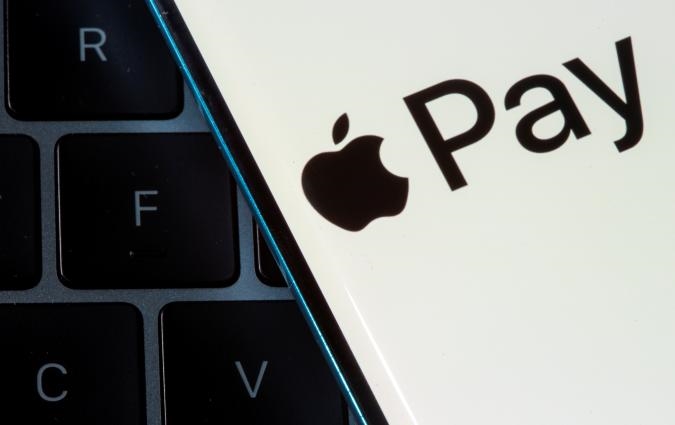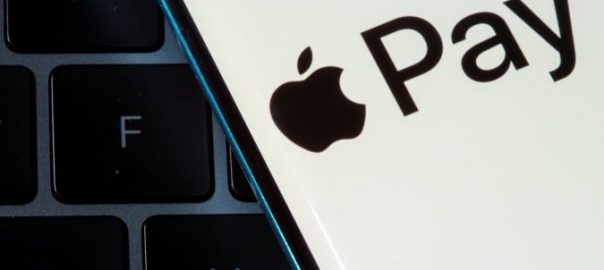Apple Pay illegally profited by walling off contactless payments, lawsuit alleges
Iowa’s Affinity Credit Union, the plaintiff, is accusing Apple of anti-competitive behavior.


A proposed class-action lawsuit filed on behalf of payment card issuers accuses Apple of illegally profiting from Apple Pay and breaking antitrust laws. Iowa’s Affinity Credit Union is listed as the plaintiff in the complaint, filed today in the US District Court for the Northern District of California. The lawsuit alleges that by restricting contactless payments on iOS devices to Apple Pay and charging payment card issuers fees to use the mobile wallet, the iPhone maker is engaging in anti-competitive behavior.
While Android users have options for contactless mobile wallets, iOS users can only use tap-to-pay technology through Apple Pay. In other words, while iPhone users can download the Google Pay app, they can’t use it to make contactless payments in stores. Android doesn’t charge payment card issuers for use of any supported mobile wallet. But it’s a different story for Apple Pay, which charges card issuers a 0.15% fee on credit transactions and half of a cent on debit transactions. These fees have brought in up to $1 billion annually for Apple, the lawsuit alleges.
“In the Android ecosystem, where multiple digital wallets compete, there are no issuer fees whatsoever, ” said the complaint. “The upshot is that card issuers pay a reported $1 billion annually in fees on Apple Pay and $0 for accessing functionally identical Android wallets. If Apple faced competition, it could not sustain these substantial fees.”
The suit alleges that by restricting iOS users to only Apple Pay for contactless payments, Apple is blocking competing mobile wallets from the market. Payment card issuers are essentially forced to pay Apple’s transaction fees if they want to offer their service to iPhone users.
Apple is facing a similar challenge over its payment system in the EU, where an antitrust commission in May said that the tech giant is illegally blocking third-party developers from enabling contactless payments. Apple has denied the EU’s allegations, arguing that giving third-party developers access would be a security risk. This is an argument that Apple has used before as a reason why it doesn’t open up its platform, such as in the case of third-party app stores.
Engadget has reached out to Apple for comment on the lawsuit and will update if we hear back.
(34)
Report Post




